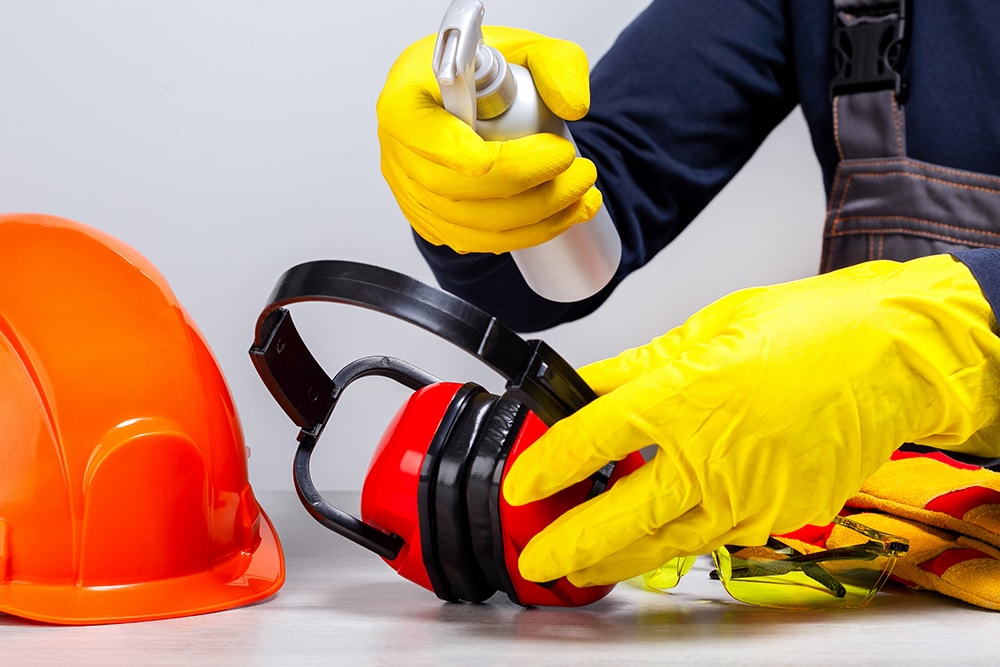
Updates to Site Operating Procedures V4: What You Need to Know…
Aug 12, 2020
The Covid-19 crisis has been a difficult time for many, on a personal and professional basis. Throughout the crisis, we have worked hard to support our customers through these challenging times and will continue to bring you industry news, specialist products and the best level of service that we can.
The Construction Leadership Council (CLC) issued their 4th version of Site Operating procedures towards the end of May 2020 to reflect the changes in government guidelines announced around the same time. Many construction sites are now open and fully operational where possible so that they can continue providing essential building services. If you work for a site that is re-opening or has already re-opened and you want to learn more about what measures should be taken to protect you and your colleagues from transmission of Covid-19, this article is for you.
What You Need to Know about Site Operating Procedures
So, what has changed? We have summarized a list of the important guidelines which building site workers are having to abide by in order to maintain a high level of safety for all.
What the new procedures highlight:
- When to travel to work and in the safest way possible such as not sharing vehicles with colleagues
- What to do if someone falls ill or has been exposed to someone who is ill, such as at home
- Safe social distancing with links to the government guidance
- Site Access and Egress points
- Hand washing
- Canteens and rest areas
- Communal toilets, showers, drying rooms and changing facilities
- How to avoid working close together
- First Aid and emergency response
- How to implement advanced cleaning procedures with a list of things that should be included and regularly cleaned
Travelling to Work or Taking Journeys for Work
- Workers should travel alone where possible, or if journeys must be shared, it should be with the same individuals and minimum number of people – only if there is no other option
- Good ventilation should be in place and contact to be avoided to reduce chance of transmission
- Vehicles should be cleaned regularly to avoid the spread of germs and transmission
- Sites should consider additional facilities for extra vehicles, how to help workers avoid public transport and how someone may travel home if they feel ill, among other considerations – see the full document for details.
Site Access
- Do not allow external site visitors
- Implement staggered start and finish times to avoid congestion and maintain social distancing
- Use signage and introduce one way systems, to help allow plenty of space between workers at all times
- Ensure that any delivery drivers stay in their vehicles
- Reduce the number of people for site inductions and hold any socially distanced gatherings or meetings outside
- Remove entry systems that require skin contact or ensure they are cleaned regularly if it is not possible to remove them
General overview points for working on site
- Good hand washing is encouraged at all times to prevent the spread of germs and transmission, including before handling any goods that have been delivered and when they arrive and before they leave the site – regular breaks should be allowed to enable people to wash their hands
- All communal use areas should be cleaned regularly and measures should be put in place to allow a limited number of people using them at any one time
- A distance of 2-metres should be kept between all workers at all times where possible, other recommendations have been made for where this is not possible – see the full document for details
- Site managers should ‘Consider preventing or rescheduling high-risk work or providing additional competent first aid or trauma resources.’
You can download a full list of the most recent Version 4 of Site Operating Procedures here.
struktaGroup – Here for You…
We will be keeping a close eye on industry news and providing updates here and linked to our social media pages. If you have questions, are in need of supplies or wish to receive a new copy of our free catalogue – give us a call on 033 33 21 00 13 or contact us online.
Stay safe!